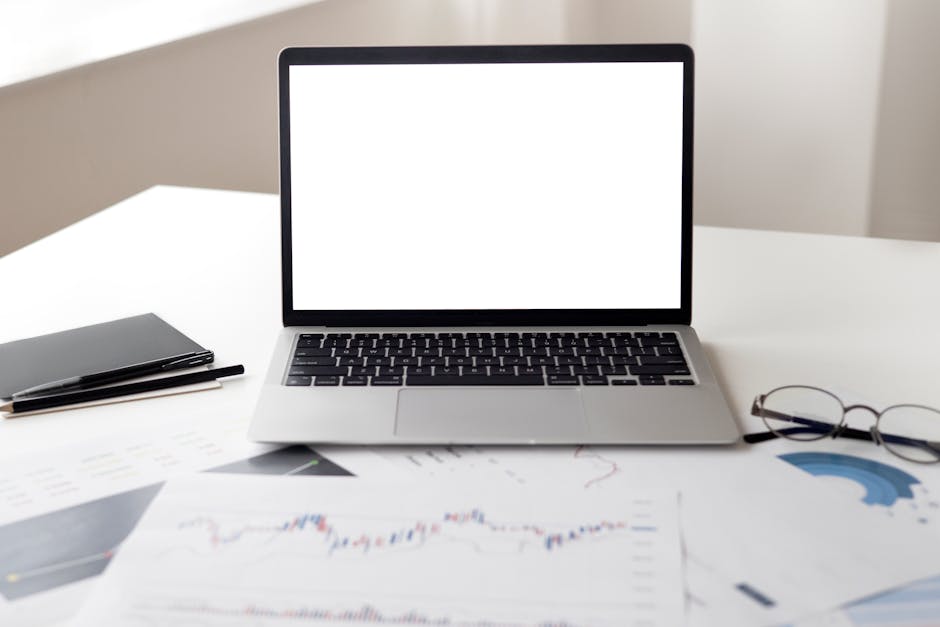No products in the cart.
Navigating AI’s Dual Nature in Global Trade Finance
AI is reshaping global trade finance in 2025, presenting both challenges and exciting new career opportunities. Explore how the landscape is changing.
London, United Kingdom — As we step into 2025, the world of trade finance stands on the precipice of transformation. Artificial intelligence (AI) is no longer just a buzzword; it has become a pivotal player in reshaping cross-border payments and compliance frameworks. But with great power comes great responsibility. While AI offers unprecedented efficiency and accuracy, it also brings a host of risks that financial institutions must navigate.
The global trade finance industry, valued at over $5 trillion, is increasingly relying on AI to streamline processes and reduce fraud. For instance, AI algorithms can analyze vast datasets to detect anomalies in transactions that human eyes might miss. This is particularly critical in a world where trade fraud is on the rise, with losses estimated at $1.5 trillion annually.
However, the integration of AI is not without its challenges. Compliance remains a significant hurdle. Financial institutions must ensure that their AI systems comply with international regulations while maintaining the integrity of the data they process. Furthermore, there’s the looming threat of job displacement. As AI takes over routine tasks, many fear for their positions in an industry already grappling with digital transformation.
The rise of AI in trade finance is creating new career opportunities, particularly for those skilled in technology and data analysis.

Yet, amidst these concerns lies a silver lining. The rise of AI in trade finance is creating new career opportunities, particularly for those skilled in technology and data analysis. As traditional roles evolve, professionals who can bridge the gap between finance and technology will be in high demand. Educational institutions are beginning to respond, offering courses that combine finance with machine learning and data analytics.
One crucial area of opportunity is compliance technology, known as RegTech. As regulations become more complex, companies are increasingly turning to AI-driven solutions to ensure compliance. This sector is expected to grow exponentially, offering roles for individuals with expertise in both AI and regulatory frameworks.
Moreover, AI’s ability to facilitate faster and more secure transactions could bolster international trade relationships. According to a recent report, AI could potentially increase global GDP by $15.7 trillion by 2030, with significant contributions from enhanced trade efficiency.
This potential for economic growth is particularly compelling for young professionals entering the workforce. As the demand for tech-savvy finance professionals rises, so too does the need for continuous skill development. The key to thriving in this evolving landscape lies in adaptability—those willing to embrace lifelong learning and acquire new skills will find themselves at the forefront of this revolution.
As we look toward the future, it becomes clear that AI is not merely a tool but a transformative force within trade finance. While the risks are real, the rewards, both for businesses and careers, are equally significant. For young professionals eager to make their mark, the message is clear: adapt, learn, and embrace the change.











